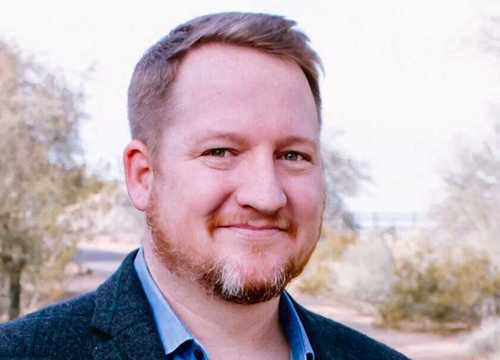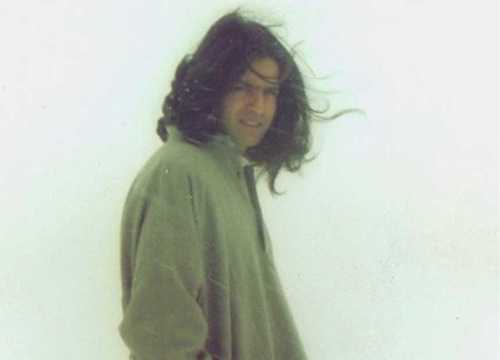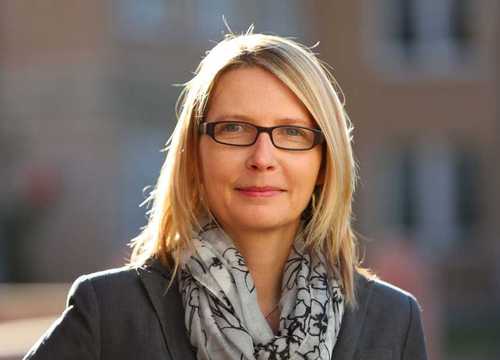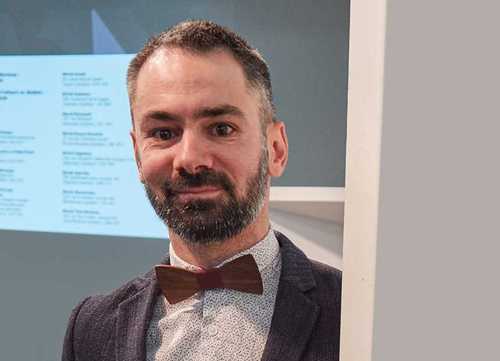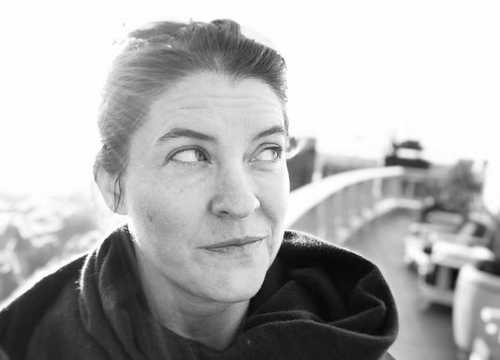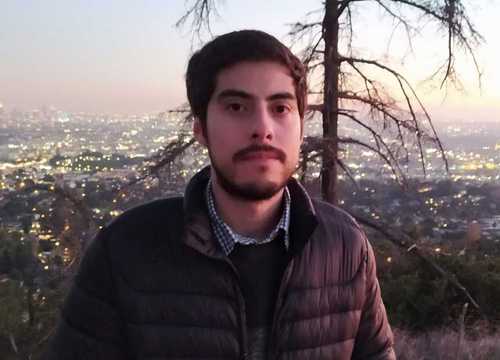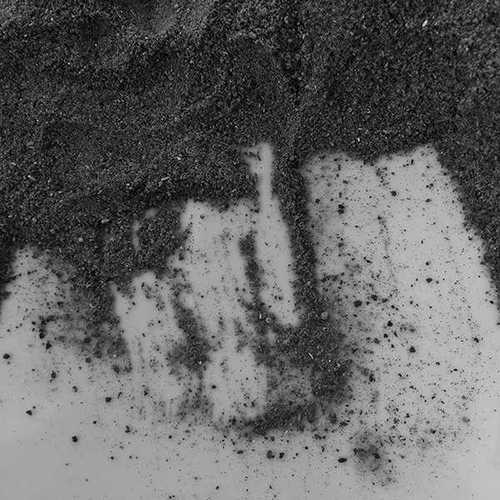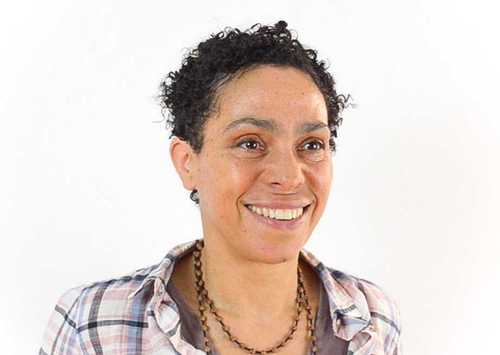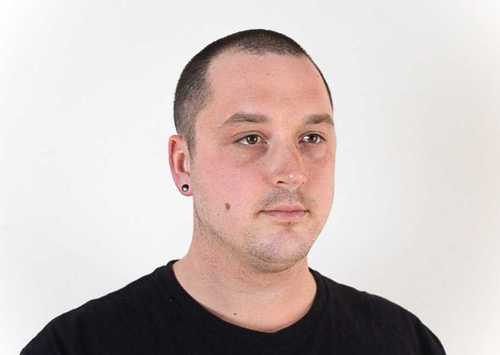Fellowship Program
( ) (The CPT offers fellowships to faculty and graduate students pursuing research related to the annual technique. CPT fellows are members of a vibrant research community and have access to all CPT facilities and working groups. Fellowship applications are due November 1 each year. ( ) (
Current and Past Fellows
Taylor R. Genovese is a Ph.D. Candidate in the Human and Social Dimensions of Science and Technology program at Arizona State University. He is currently a Graduate Research Associate in the Collaboratory on Religion, Science and Technology at the Center for the Study of Religion and Conflict and a graduate student affiliate with The Melikian Center for Russian, Eurasian, and East European Studies. His dissertation research examines the relationship between the constructed secularity of Silicon Valley technologists and Russian Cosmism—a nineteenth-century politico-theology advocating a universal human program for overcoming death and resurrecting ancestors.
During his fellowship, Genovese will be conducting a multimodal investigation centered on the ethnographic openings that emerge near the intersections of the “more-than-human” and technology production. In particular, he’s interested in the varied ways Cosmism and Silicon Valley Culture cannibalize and reconstitute concepts like technology, immortality, radical politics, and eschatological utopias. Ultimately, he’s interested in investigating how seemingly shared ontological and technological goals can become the apparent basis for a profound transmutation of political theologies.
Nicole Arocho Hernández is a poet, translator, and scholar from Cabo Rojo, Puerto Rico. She is an MFA candidate in Poetry at Arizona State University. Her poems have been featured in great weather for MEDIA, Variant Literature Journal, the podcast Vs, and The Acentos Review. Her first chapbook, I Have No Ocean, will be published by Sundress Publications in February 2021. For more information, visit her website.
In my work as a creative writer, I use research and archival materials to fuel my practice. My writing aims to shed truths about my homeland, Puerto Rico, and its predatory political-economic relationship with the United States. My current research delves into pharmaceutical companies’ cannibalistic practices on the island in the last four decades. I hope to evolve my scope into a more robust examination of the roots of the cannibalization of the Puerto Rican people by the US government in their imperial pursuits of the past and present. Between the “cannibal” of late-stage capitalism multinational companies and imperialist governments, what can island Puerto Ricans achieve for a healthier, safer, democratic future? How far back in history do these predatory practices go? In the end, who are the “cannibals” fueling the crises on the island and who is the “other” being affected by it? How can island Puerto Ricans envision a prosperous future without these key players? What role(s) the diaspora can take in this issue?
Joshua Loughman is a systems engineer, designer, and technology scholar at Arizona State University (ASU). He directs the Engineering Projects in Community Service (EPICS) program and lectures on modeling and simulation, design engineering, project management, sustainability, and technology and society. He is a Senior Sustainability Scientist with the Julie Ann Wrigley Global Institute of Sustainability and Innovation, an expert on the Future of Energy with the World Economic Forum, and a 2020 Fellow at ASU’s Knowledge Exchange for Resilience.
His scholarship includes understanding how complex decision-making about uncertain futures can be done with greater care using models, simulation, scenario analysis, and foresight methods. He studies a wide range of domains from energy systems, environmental policy, economic development, education, ethics, and technology.
He has a B.S. in aerospace engineering and a Master Engineering in systems engineering from Arizona State University and a graduate certificate in system dynamics from Worcester Polytechnic Institute. He is currently pursuing doctoral studies in the Human and Social Dimensions of Science and Technology program at ASU’s School for the Future of Innovation in Society. He has been a Lecturer at ASU since 2015 and prior to this, he spent 10 years in the space industry as a systems engineer and project lead.
Annie Hammang is an anthropologist of science and a Ph.D. candidate in the Human and Social Dimensions of Science and Technology program at Arizona State University. She is also a graduate research associate in the Collaboratory on Religion, Science and Technology at the Center for the Study of Religion and Conflict. Her dissertation investigates the relationship between the San Francisco Bay Area and information technologies and biotechnologies. She explores the social significance of place to startup technologists, who draw on the city’s histories of counterculture, and of non-place, the perceived absence of meaning in place which the industry is understood to accelerate.
Prashast Kachru is a conceptual artist, currently in his second year in the Intermedia MFA program at Arizona State University. He has studied, lived and worked in India, France, and Sweden. His current work explores the nature of materiality and toxicity of materials in artistic socio-cultural and political spheres.
For the past two decades, efforts to rejuvenate K12 civic education have suffered from the neoliberal measurement of attainment and a (lacking) return on investment mentality seen in woeful funding for Civics. Additionally, the policy diffusion of US states adopting a standardized Civics exam to prove “civic-readiness” have set the bar at rote memorization and regurgitated facts. Besides denying students experiential civic learning opportunities, the standardization of Civics demands overt attention to hegemonic historical knowledge, omits multiple perspectives of events and counternarratives of marginalized peoples, and perpetuates the US “glory story” without acknowledging and exploring the impacts of the “gory story” -including ways to civically address challenges present and affecting youth today.
As a 2021 CPT Graduate Fellow, Tara Bartlett plans to examine civic education through the lens of cannibalization. Tara is pursuing an Educational Policy and Evaluation Ph.D. after having taught Social Studies and English Language Arts in Title I public schools for 15 years. Drawing from her master’s degree research on civic education in Arizona and involvement with several national and state-level civic-related grants and projects, Tara will explore how the standardization of Civics has cannibalized K12 civic education and contrast the creative ways teachers attempt to provide inclusive, experiential civic learning opportunities for all students regardless of race, class, and ability.
An author of The New Immigrant Whiteness: Neoliberalism, Race, and Post-Soviet Migration to the United States (New York University Press, 2018), Border Fictions: Globalization, Empire, and Writing at the Boundaries of the United States (the University of Virginia Press, 2008), and Globalization on the Line: Culture, Capital, and Citizenship at U.S. Borders (Palgrave, 2002). She is the editor or co-editor of special journal issues on comparative border studies and postsocialist literature in the United States and has published widely on migration and border studies, including on transnational adoption and transnational reality TV.
During the fellowship, Sadowski-Smith plans to work on US and European cultural representations that examine extensions of hospitality and provisions of sanctuary to migrants and refugees. She is interested in placing into dialogue US and European histories and practices of migrant sanctuary and hospitality.
Olivier Vallerand joined Arizona State University in 2018 as an Assistant Professor at The Design School. He completed a Ph.D. in Architecture from McGill University and post-doctoral research at the University of California, Berkeley. His research focuses on self-identifications and their relation to the built environment. His work has been published in the Journal of Architectural Education, Interiors, The Educational Forum, in the edited volumes Sexuality (2014) and Making Men, Making History (2018), and in Unplanned Visitors: Queering the Ethics and Aesthetic of Domestic Space (2020), a monograph on the emergence of queer theory in architectural discourse.
As a fellow in the Landscape Architecture MLA3+ program at the Herberger Design School, Lara Lebeiko is dedicated to ecological restoration and urban rewilding. Her current research is in support of sustainability and urban design for climate change and mitigation of extreme heat environments. She is a dual citizen of urban and the outdoors, having lived in both the dense New York City, as well as a remote houseboat in Seattle wetlands. She has a background in strategy and branding and has launched several startup companies and helped to expand many others. Lara has a BA in Journalism & Communications from Ohio State University and an AA in Interior Design.
I am currently a PhD student in Religious Studies at Arizona State University. I have earned a master’s in Philosophy and a bachelor’s in Political Science at the National Autonomous University of Mexico (UNAM). I used to work as a professor in the Department of Humanities in Tecnológico de Monterrey, México, where I taught courses in Ethics, Philosophical Thought, and Theory of Knowledge. I have obtained the Fulbright-García Robles Scholarship to accomplish my doctoral studies in the United States. I am currently interested in topics around Critical Secular Studies, Critical Theory, and Liberation Theology.
The research project that I will be performing during my CPT fellowship aims to explore the role of secularization as a bordering practice that has created physical and epistemological boundaries. To analyze the tension that this process has created between capitalism and religion, I would like to perform a multi-sited ethnographic analysis concerning the different stages in the life cycle of a smartphone. During its production, this evocative commodity crosses multiple borders in places like Silicon Valley, China, and lithium mines in Bolivia. This methodological approach will intend to make visible the multiple physical and epistemological borders that interact in its design, resource-gathering, manufacturing, selling, exhibition, and disposal.
The project comprises the design and display of a responsive media environment in which visitors poetically enact socio-aesthetic qualities of urban public places. The environment is being created in collaboration with fellow CPT fellow Garrett Johnson and other media engineers at ASU’s Synthesis Center. We are designing the environment using Synthesis’ Ozone media system, which allows visitors to space to modulate ambient qualities such as sound and light by continuously sensing and analyzing their movement through the space. The environment uses field recordings of busy public places in Tianjin, China, as a raw material in which visitors can compose ambient sounds through walking and gesturing. The environment not only catalyzes immersive sensory experiences of Tianjin’s public life but also allows visitors to co-create those experiences, drawing attention to the imbrication of activity and sensation in dense social spaces. The project gestures toward the potential for geographers to draw on developing media arts technology and know-how for research-creation and public engagement.
Grishia was using her fellowship to help support the 6th International Movement and Computing Conference that she is hosting at ASU moco19.movementcomputing.org
In his fellowship, David will work with CPT to design and build an interactive installation as an exploration of the feedback loops that takes place when human-machine systems are asked to monitor and limit themselves. This work will be part of a larger exploration of new emerging possibilities in the design of democratic mechanisms.



